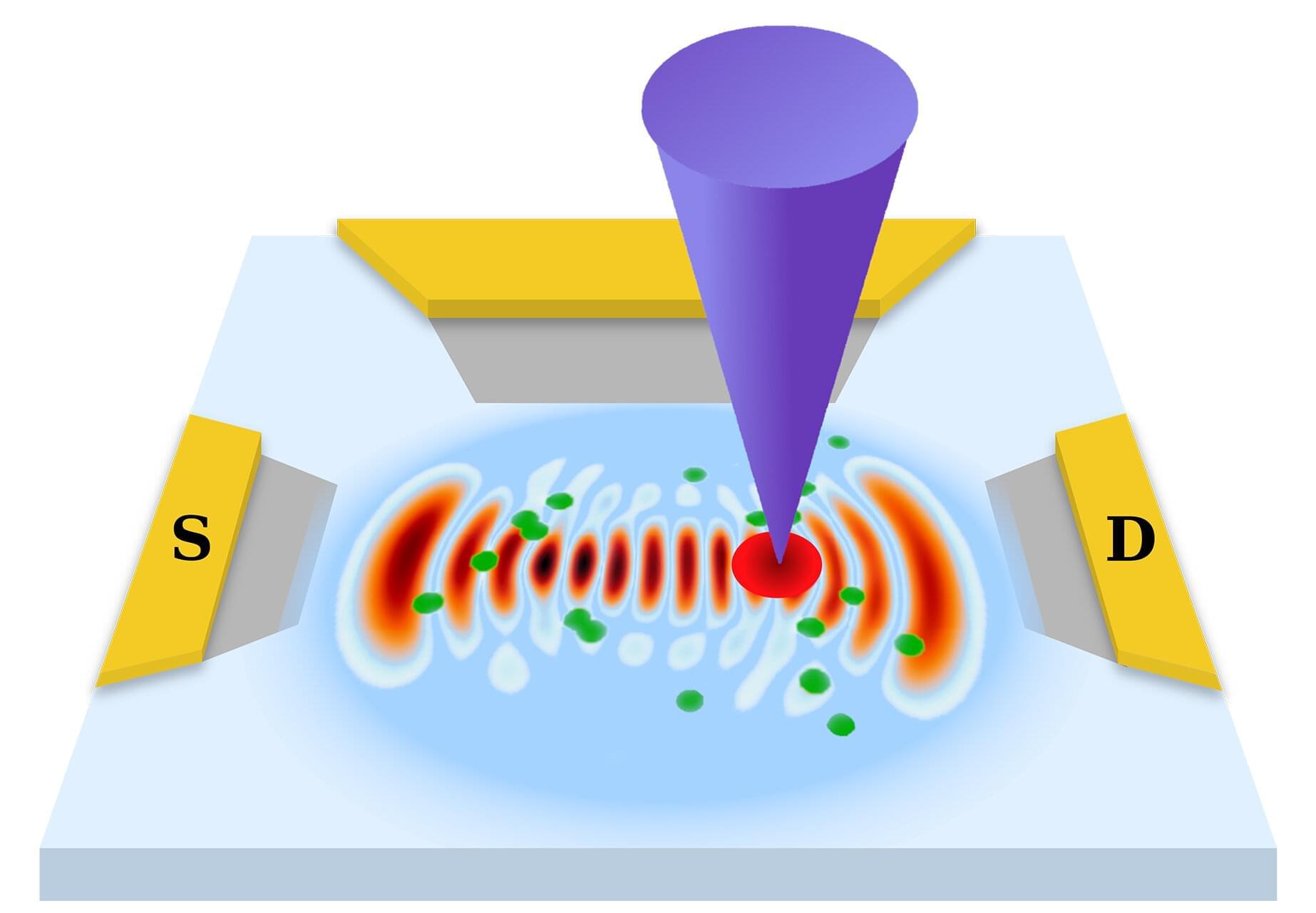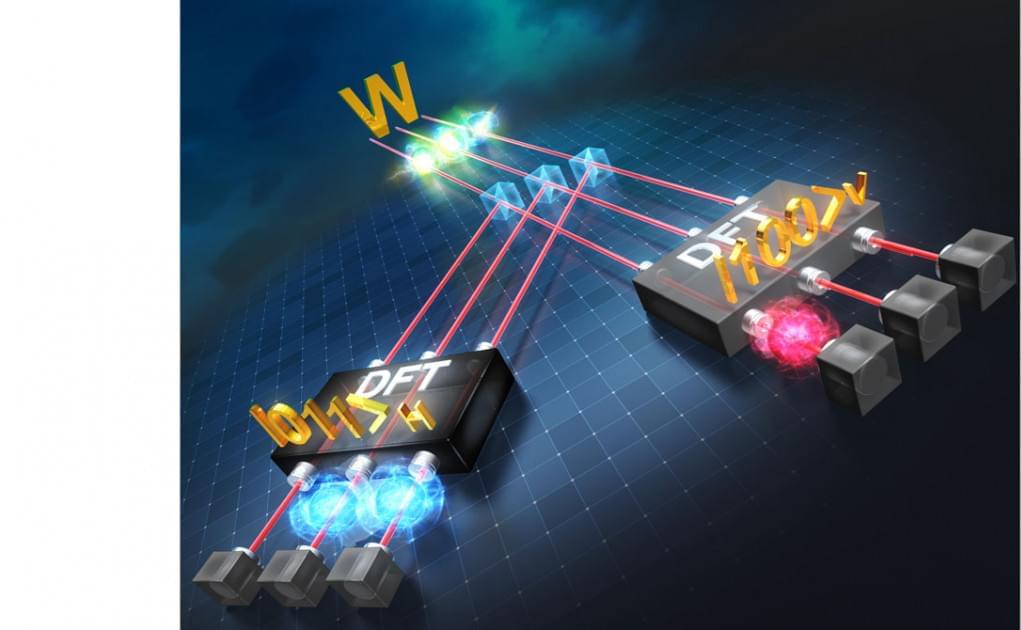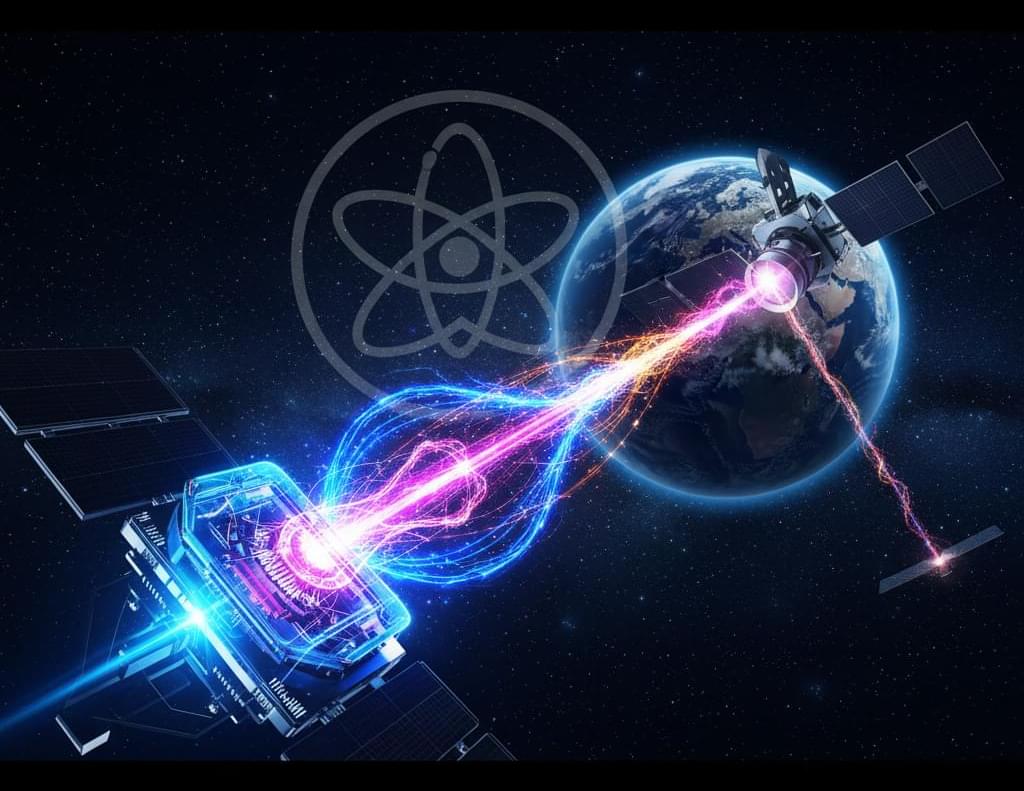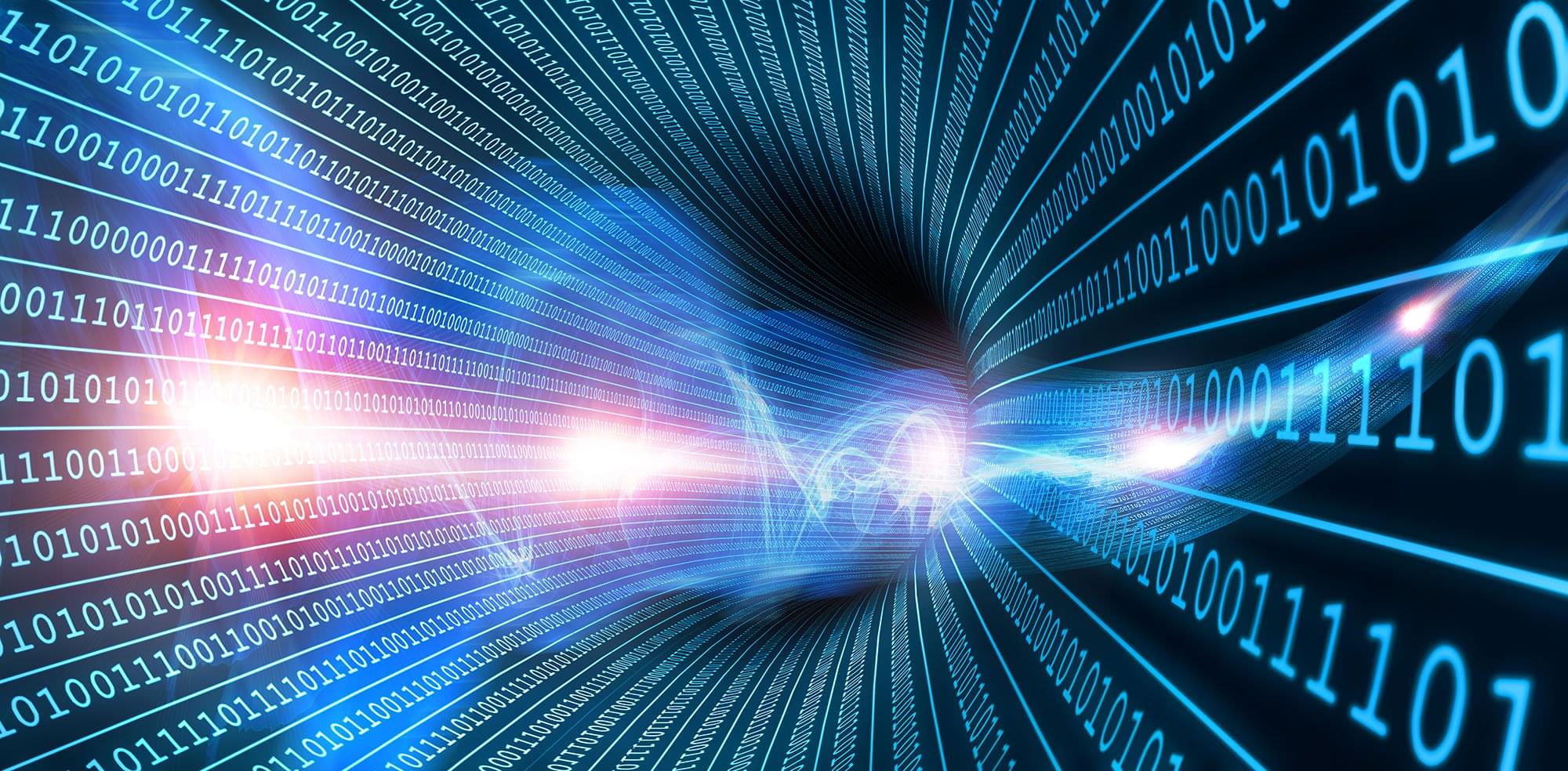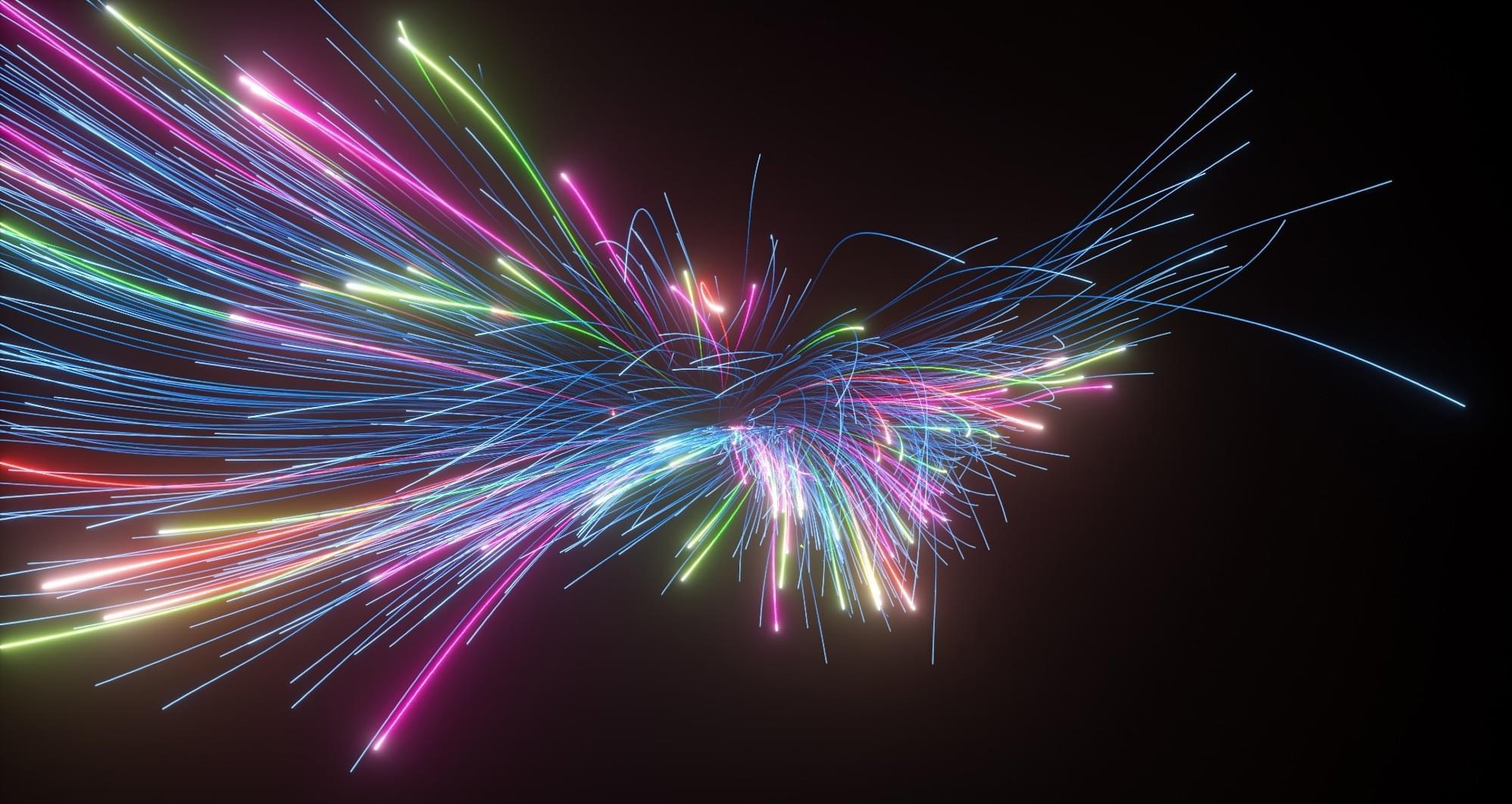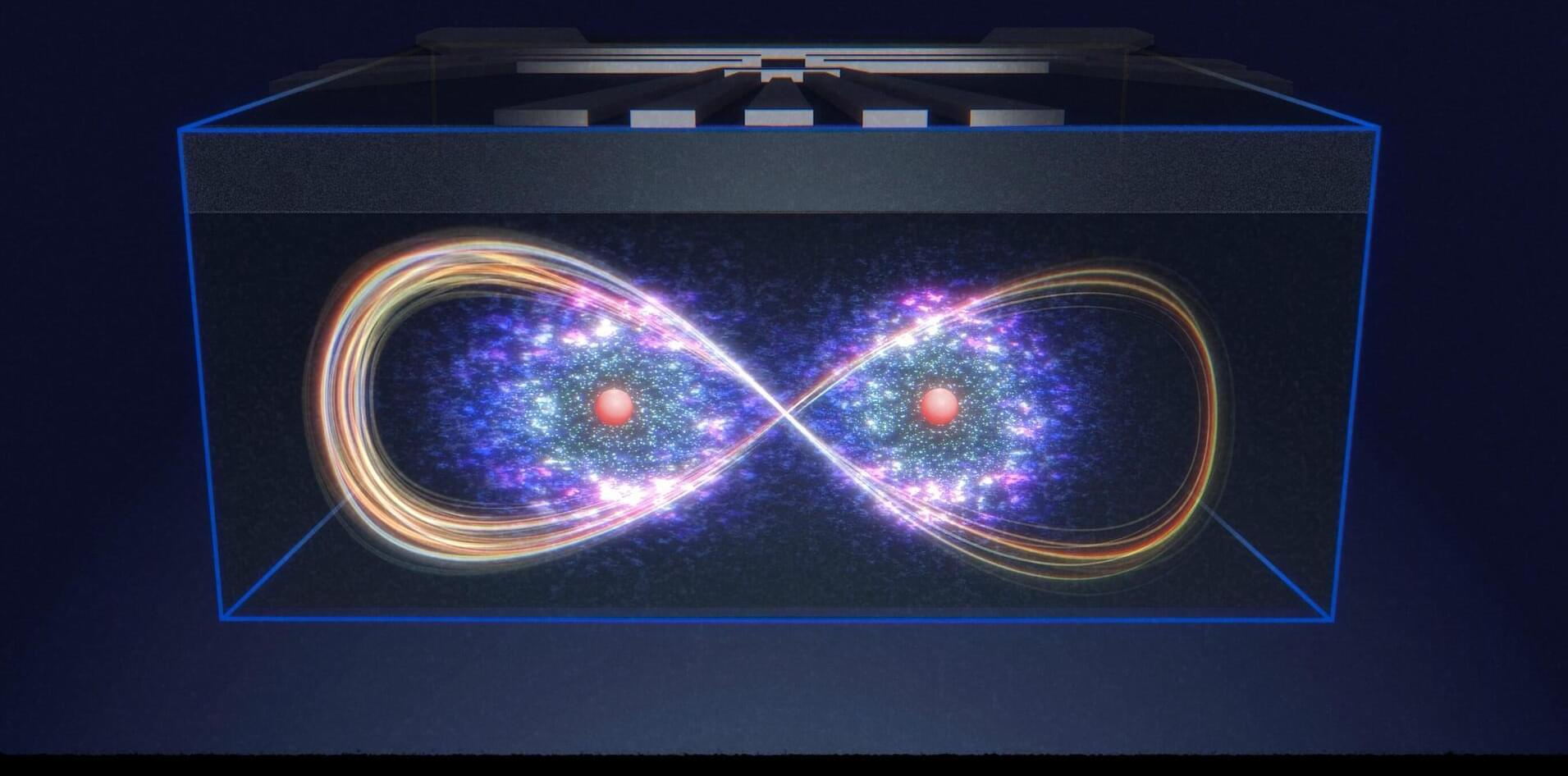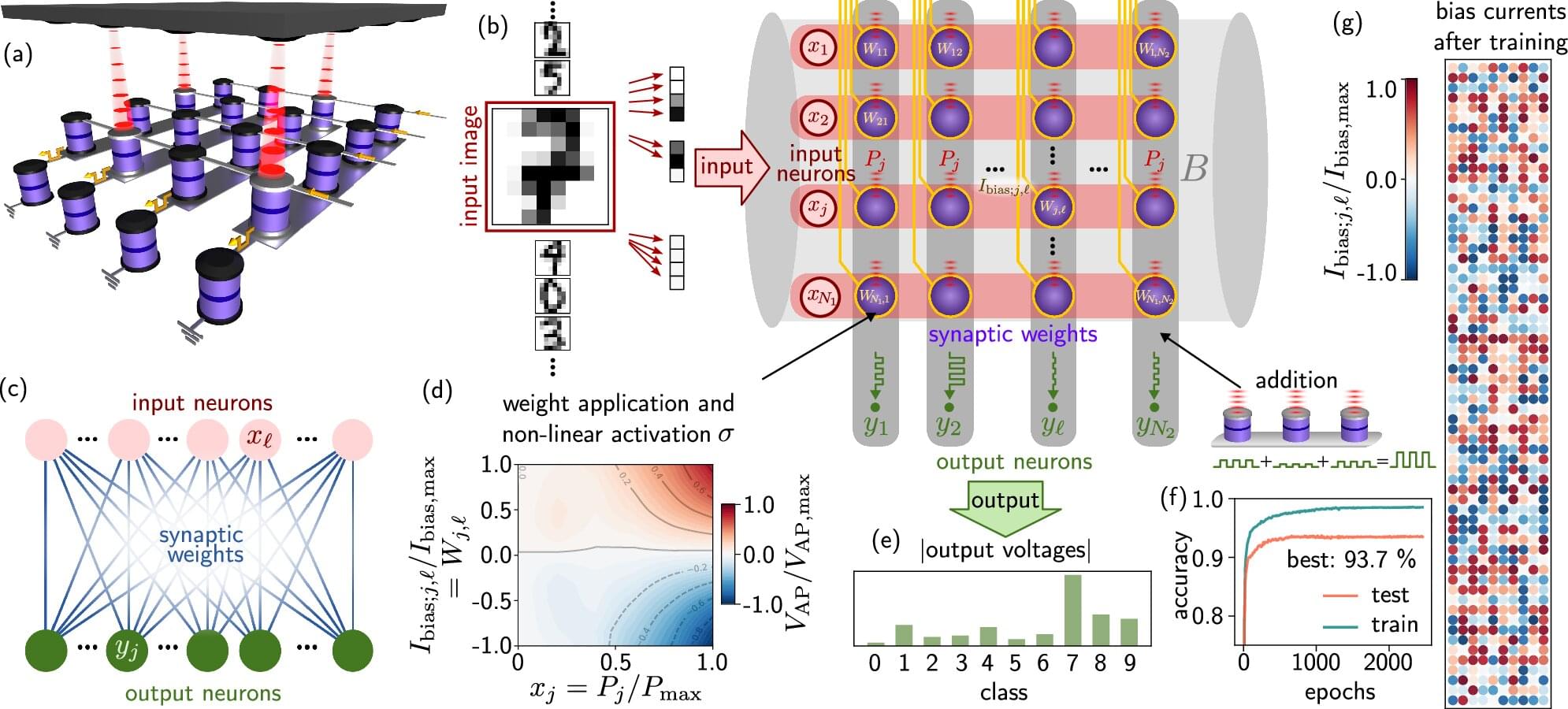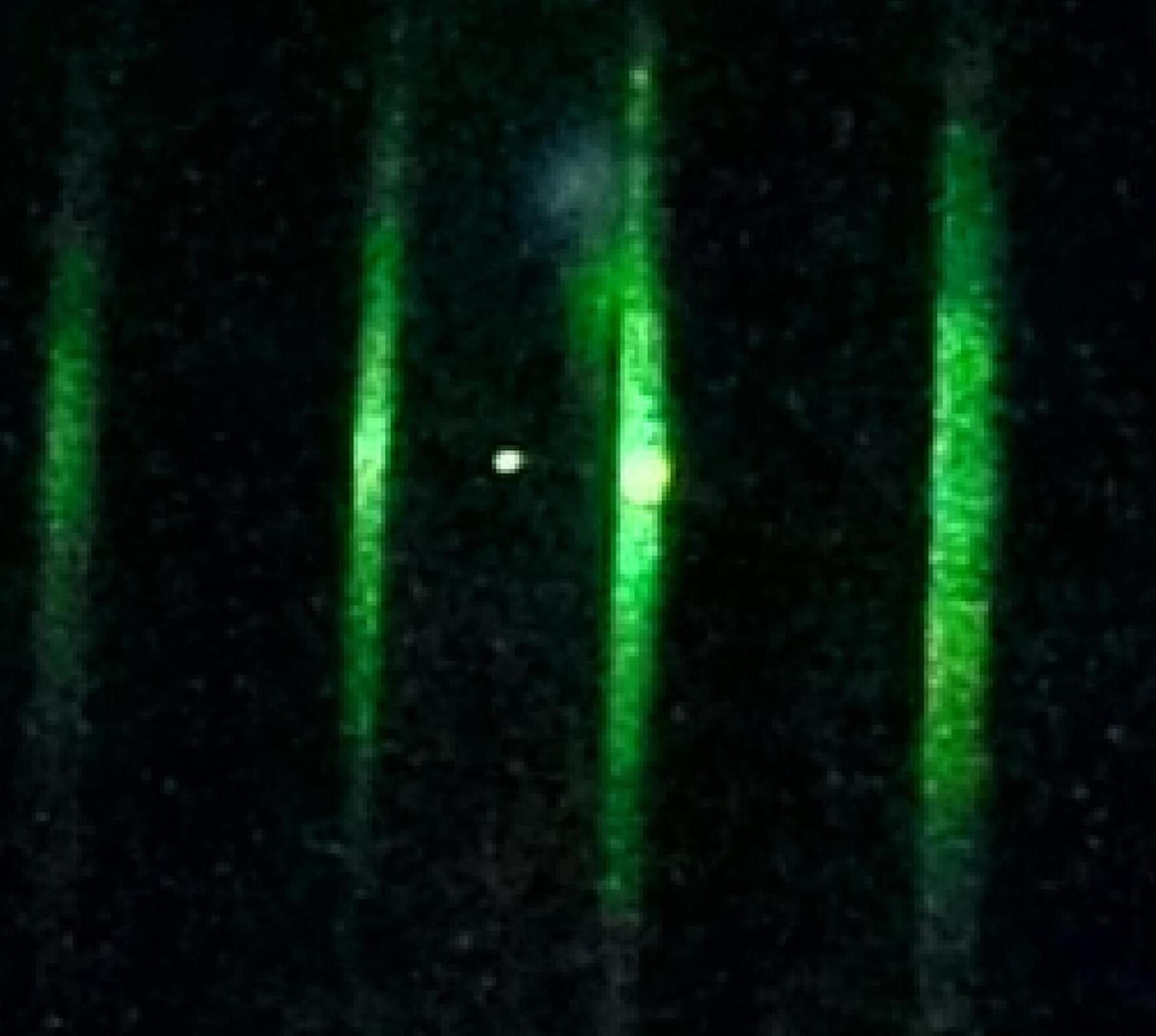In quantum mechanics, particles such as electrons act like waves and can even interfere with themselves—a striking and counterintuitive feature that defies our classical view of reality. We know this kind of interference happens in space, where different paths can overlap and combine, but what if we could take it further? What if we could control quantum interference in time, where electrons created at different moments interfere?
In a new study published in Physical Review Letters, a team of researchers developed a novel technique—chirped laser-assisted dynamic interference—to manipulate temporal quantum interference during photoionization.
By using extreme-ultraviolet pulses with time-varying central frequency, in combination with intense infrared laser fields, they guided electron motion with unprecedented precision.

